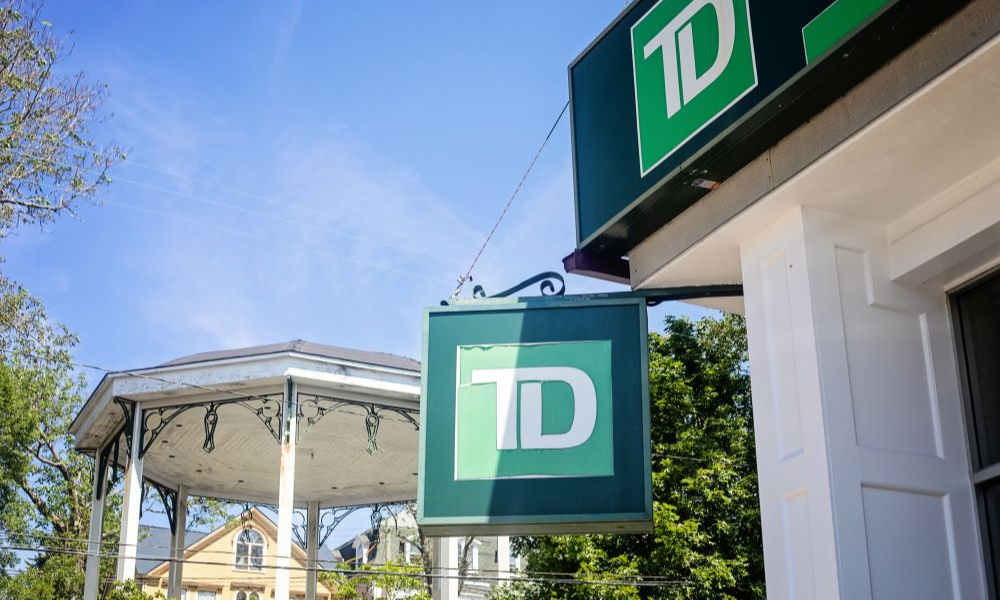The bank has been accused of aiding R. Allen Stanford’s $7-billion Ponzi scheme 14 years ago

Toronto-Dominion Bank said that it has agreed to pay more than US$1.2 billion to settle a lawsuit by investors who have claimed that the bank aided and abetted a $7-billion Ponzi scheme orchestrated by R. Allen Stanford 14 years ago.
The bank, along with other institutions like HSBC Holdings Plc and Independent Bank Group Inc. (formerly Bank of Houston), has been accused of ignoring “numerous red-flag indications of money laundering” for years.
The indications included “large, round-dollar, high-velocity, in and out layering transactions, with no apparent connection to any investing that Stanford claimed he was doing,” said Kevin Sadler, the lead attorney for the receiver and the investors.
While settlements were also reached with the other organizations named by the investors, TD has the largest share in the payment since it played an “outsized role” in the Stanford transactions.
“Evidence at trial would’ve shown that TD took in almost $7 billion in CD purchase money from investors, far more than any other bank,” Sadler said.
The settlements were reached on the eve of February 27, the day when the three institutions were slated for trial in Houston, Bloomberg reported. R. Allen Stanford is currently serving a 110-year sentence in a high-security federal prison in Florida, after being convicted of fraud and money laundering in 2012.
The settlements, which were described by Sadler as “nothing short of a monumental recovery,” will see Stanford investors recover around $1.6 billion.
TD Bank maintained that it does not have “any liability or wrongdoing with respect to the multi-year Ponzi scheme operated by Stanford.”
The bank said that its interactions with Stanford were limited to providing “primarily correspondent banking services,” adding that “it acted properly at all times.”
The bank said that it “elected to settle the matter to avoid the distraction and uncertainty of continuing a long legal proceeding.”



